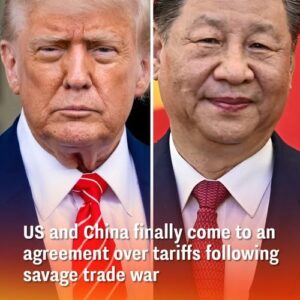China has boldly declared that its economy no longer depends on the American market, marking a shift toward self-sufficiency and global economic prominence. This change comes amid rising tensions with the U.S. in trade, technology, and geopolitical matters, signaling China’s intent to reduce reliance on traditional economic powers.
China has diversified its economic relationships, strengthening ties with regions like Africa, Latin America, and Southeast Asia. Through its Belt and Road Initiative (BRI), the country has invested heavily in global infrastructure, solidifying its role as a major global trade player. While the U.S. remains important, China has focused on domestic innovation, increasing production, and expanding trade with emerging markets.
The country’s growing technological sector, particularly in telecommunications, AI, and renewable energy, has supported these efforts. China is also opening new markets and alternative trade routes, positioning itself as an economic leader, especially in the global south. While challenges exist, China is determined to pursue its independent economic path.
With ongoing investments in key industries and stronger economic partnerships, China aims to reshape its role on the world stage. Its strategy highlights increasing global influence and the pursuit of long-term economic leadership, moving away from dependency on the U.S. market.
Click below to read more…





